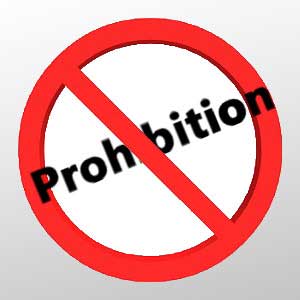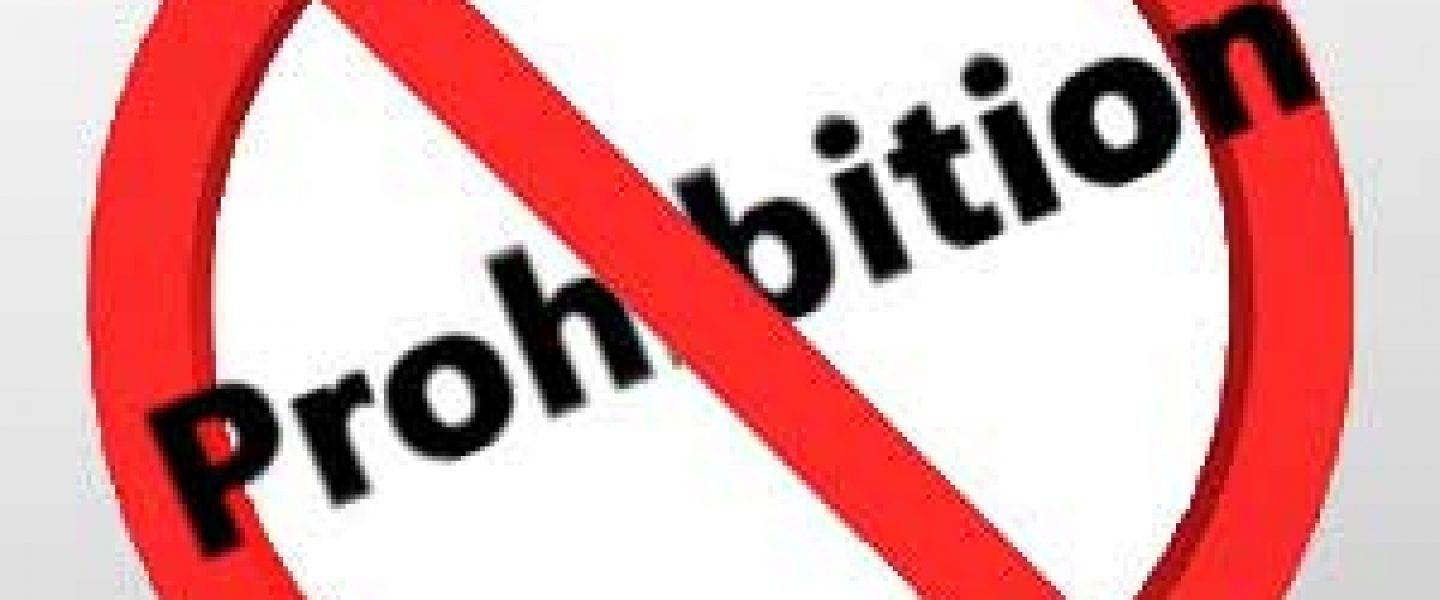 Yesterday, Assemblymember Crystal Peoples-Stokes and Senator Liz Krueger sponsored a public forum to discuss the Marijuana Regulation and Taxation Act, a bill that would legalize the production, distribution, and use of marijuana for adults over the age of 21. The bill would effectively end marijuana prohibition in New York State and would create a system to tax and regulate marijuana in a manner similar to alcohol.
Yesterday, Assemblymember Crystal Peoples-Stokes and Senator Liz Krueger sponsored a public forum to discuss the Marijuana Regulation and Taxation Act, a bill that would legalize the production, distribution, and use of marijuana for adults over the age of 21. The bill would effectively end marijuana prohibition in New York State and would create a system to tax and regulate marijuana in a manner similar to alcohol.
Assemblywoman Crystal Peoples-Stokes said: “After decades of arresting marijuana users, the drug war has failed to prevent marijuana use or prevent minors from accessing marijuana. Existing marijuana laws have created a violent, illegal drug market that consumes $675 million of New York’s dollars in criminal justice resources each year. Drug laws have also created a permanent underclass with people unable to find jobs after a conviction. One of the most damaging issues derived from the war on drugs is that the policies are inherently racist.”
Assemblywoman Crystal D. Peoples-Stokes, 141st District and Buffalo community leaders joined public health and criminal justice experts to discuss the damaging effects of marijuana prohibition on the Buffalo community and to examine the benefits that a regulated market could bring.
“Marijuana prohibition has failed, and it has done so at tremendous cost to our communities,” said Senator Liz Krueger, co-sponsor of the bill. “Allowing personal use, with appropriate regulation and taxation, will end the heavily racialized enforcement that disproportionately impacts African American and Latino New Yorkers. It will also mean that limited law enforcement resources can go where they’re really needed, while closing off an underground criminal marketplace and providing additional revenue and economic development opportunities throughout the state. MRTA is the kind of win-win that our communities desperately need.”
The discussion at the forum focused on racial biases stemming from the enforcement of prohibition and the collateral consequences of current policies. Also discussed was the opportunity that regulation and taxation would provide to repair harms caused by prohibition by creating tax revenue generated by the industry to reinvest in communities.
“There is no question that New York’s marijuana policies are broken,” said Kassandra Frederique, Policy Manager at the Drug Policy Alliance. “Each year, tens of thousands of New Yorkers are swept into the maze of the criminal justice system for nothing more than possessing small amounts of marijuana. Enforcement of these policies is focused almost entirely on young people, primarily young people of color. Our laws are now applied differently to different people based on the color of their skin and their income level – this must stop.”
Increasingly, jurisdictions and legislators across the country are realizing that marijuana prohibition has been ineffective, unjust, and racially discriminatory and are working to implement regulatory systems that are fair and effective. The city of Buffalo and Erie County have not been exempt from high arrest rates or from the racially disproportionate enforcement of marijuana prohibition. Despite being only 14% of the population of Erie County, African Americans represent 48% of the marijuana arrests.
“The war on drugs has been destroying communities of color for years, and in our city, it is clear that communities of color have been targeted,” said John Washington of PUSH Buffalo. The prohibition of marijuana has turned good people into criminals and had a detrimental effect on all of us. It is time we rethink how marijuana arrests a perpetuating poverty and racism in Buffalo and the nation.”
The forum comes amidst a wave of marijuana policy reform nationally. Twenty-three states, including New York, now allow access to medical marijuana. Four states and the District of Columbia have voted to legalize marijuana for adult use. At the federal level, President Obama and Congress have instructed the Justice Department to not interfere with states that have passed medical or recreational marijuana laws. And there are calls for eased banking regulations for marijuana companies. Additionally, as 2016 approaches, seven states are deciding on their own legalization ballot initiatives, and the Presidential candidates are discussing the topic of legalization at both Republican and Democratic debates.
Source: Drug Policy Alliance – make a donation


























